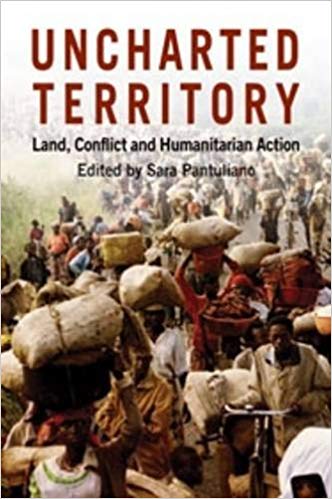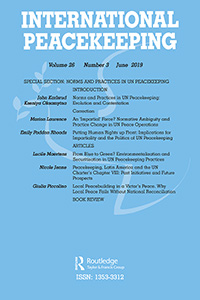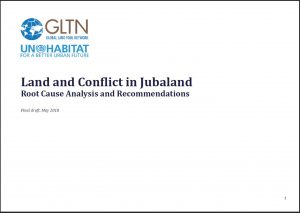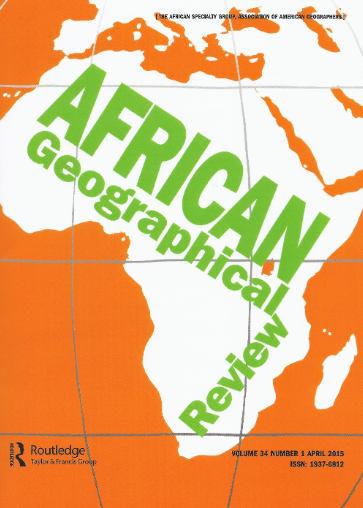Post-Conflict Property Restitution: Flawed Legal and Theoretical Foundations
The international community has recently hailed the restoration of property rights for people uprooted by armed conflict as a means of remedying forced displacement. Proponents of property restitution assert that this remedy can enhance the rule of law in a post-conflict society by promoting reconciliation and bolstering economic and social stability. A United Nations (U.N.) subcommission has endorsed a set of legal and technical guidelines for constructing a property restitution scheme.










